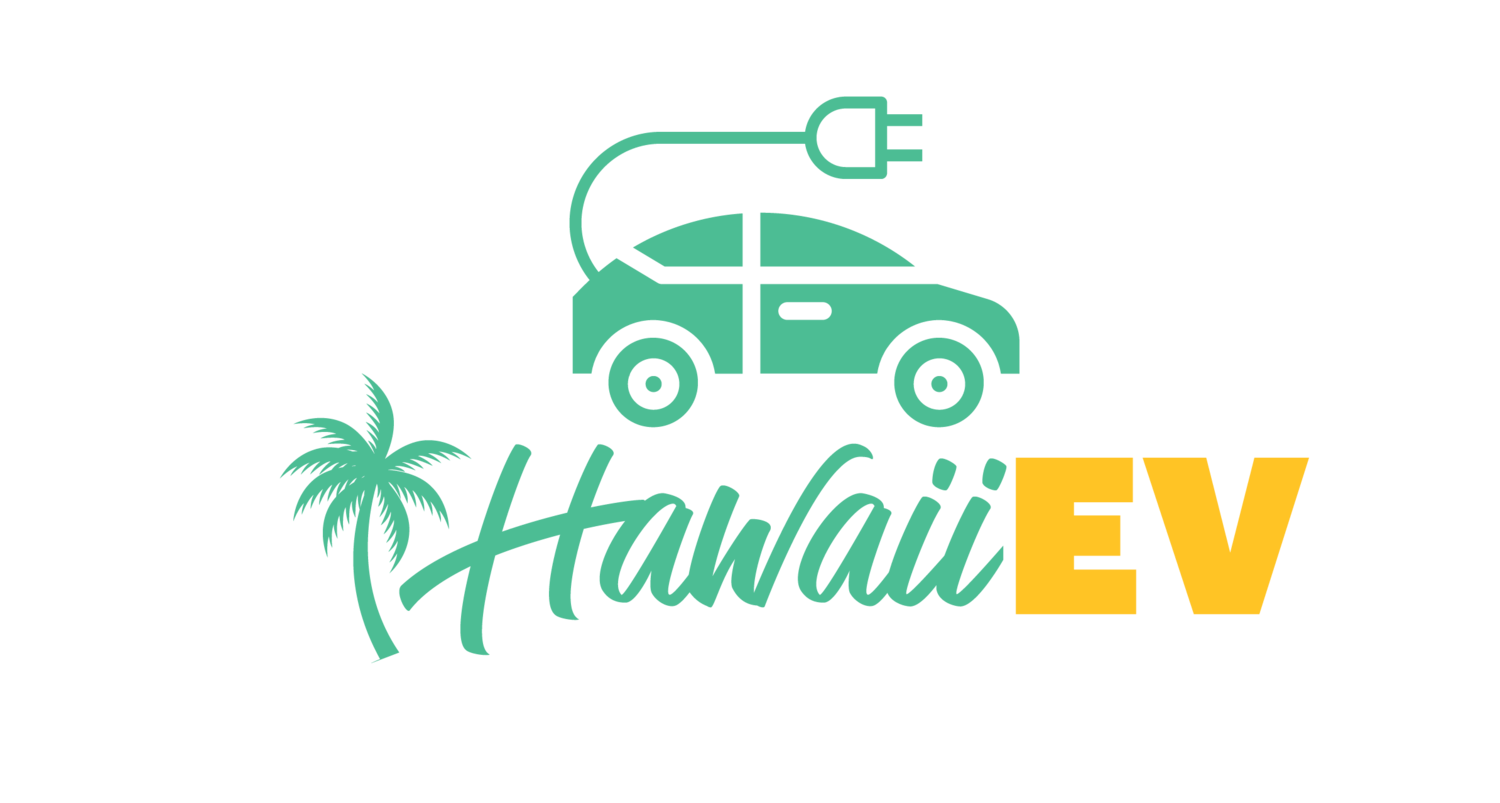Supercharging electric vehicle adoption
The Biden administration released its Electric Vehicle Charging Action Plan on December 13, 2021. The ambitious plan calls for implementing a network of half a million charging stations across the nation. It calls for $7.5B to be invested in a charging network, with a special focus on equity. There are also billions in loans and grants to enable domestic manufacturing of batteries and components.
"The Bipartisan Infrastructure Law includes $5 billion in formula funding for states with a goal to build a national charging network. 10% is set-aside each year for the Secretary to provide grants to States to help fill gaps in the network. The Law also provides $2.5 billion for communities and corridors through a competitive grant program that will support innovative approaches and ensure that charger deployment meets Administration priorities such as supporting rural charging, improving local air quality and increasing EV charging access in disadvantaged communities. Together, this is the largest-ever U.S. investment in EV charging and will be a transformative down payment on the transition to a zero-emission future."
What’s in the plan
Here is a summary of the high-level actions covered by the plan:
Creation of a Joint Office of Energy and Transportation. "The Joint Office will ensure the agencies can work together to implement the EV charging network and other electrification provisions in the Bipartisan Infrastructure Law."
Stakeholder Input process. This critical step includes gathering information from stakeholder groups. A new Advisory Committee on Electric Vehicles will be formed early in 2022 to gather stakeholder feedback.
Publish standards for EV chargers by May 2022.
Support of US EV charger manufacture. Establishing a pathway for EV chargers to be built by domestic manufacturers.
Soliciting additional 'Alternative Fuel Corridors' to facilitate travel using alternatives to fossil fuel.
Increase the domestic manufacture of EV batteries and other components and establish a North American supply chain.
Grants to enable recycling of batteries.
Here's Vice President Harris in a press conference announcing details of the plan (courtesy of 11 Alive).
Aloha State Implications
This announcement provides us with insight into what we can expect from the EV Charging plan at the national level. In November, Senator Brian Schatz shared in a press release that the state’s EV infrastructure would receive $18M of the state’s $2.8B share of the federal infrastructure bill and that billions of dollars in grants and loans would be available for additional EV and alternative fueling charging infrastructure and zero-emission buses. This funding is critical to our efforts to decarbonize transportation.
It will be important for citizens to demand the most expeditious and effective solutions to meet our clean energy and transportation needs. Importantly, we must resist the tendency to maintain the status quo and, instead, seek systemic solutions that are sustainable and equitable.

